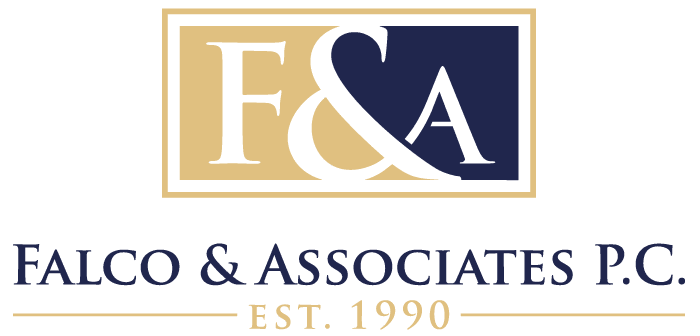Types of Trusts
- Wills and Trusts
- Trusts
- Types of Trusts
Real Estate Trust:
Real estate is transferred to a Realty Trust. Upon the death of the Donor, the Trust names the person(s) owning the real estate and typically is passed to such person(s) without restriction and without the need of a Probate Court.
Family Trust:
Assets such as savings accounts, stock, mutual funds, can be owned by a Family Trust. Accordingly, upon the death of the Donor, as with the real estate in a Realty Trust, the liquid asset(s) are passed to the person or people named without the need of a Probate Court. Typically, both the Realty Trust and Family Trust are “revocable”, meaning the Donor can change the person(s) named as beneficiary at any time for any reason as well as revoke and/or amend the trust in whole or in part, as opposed to an “irrevocable” trust, which cannot be changed, revoked or amended. Only specific types of irrevocable trusts are protected against the cost of long term care once the five year “look back” period has passed.
Spendthrift Trust:
A Trust implemented to manage assets for an individual who is not capable of handling their own financial affairs. This type of trust is usually funded at death.
Minor Trust:
Assets are held in a Minor Trust for the benefit of a minor until the minor attains a specific age or ages as designated by the Donor. For example, a grandfather leaves $100,000 in a minor trust for his 13 year old grandson. The Trustee (person responsible for “holding” the funds) is obligated under the Trust to disperse 50% of the trust property upon the minor’s 25th birthday and 50% upon the minor’s 30th birthday. The age of distribution may be tailored to the Donor’s desire.
Estate Tax Minimization Trust:
Married individuals with significant asset levels and estates could create marital trusts to benefit from their spousal exemptions and therefore minimize or even eliminate any estate “inheritance” taxes.
Supplemental Needs Trust:
Should an individual be receiving governmental assistance, an inheritance gift could disqualify that individual from any assistance. The Supplemental Needs Trust is designed so that the individual shall continue to receive the governmental benefits and the trust assets would be used to “supplement” any further needs the individual may have.
Medi-Will with Testamentary Trust:
A variation of the typical will and trusts previously discussed. These documents are specifically designed for a healthy spouse who has an ill spouse and wishes to protect assets from being directly inherited by the ill spouse who is potentially facing or currently receiving long term care.
Contact Us Today
Contact the Estate Planning and Elder Law Attorneys at Falco & Associates, P.C. for a FREE Consultation
Take the first steps to protecting your assets for generations to come. Whether you need legal advice setting up an estate, dealing with probate or any issue regarding elder law, our helpful and experienced attorneys can help.
Office Hours
& Contact Info
Mon – Fri: 9 AM – 5 PM
Phone: 617-472-3341
Fax: 617-472-7394
NAELA Members
National Academy of Elder Law Attorneys
Falco & Associates, P.C. are members of the National Academy of Elder Law Attorneys.
Senior Solutions Partner
Senior Resource Center, Inc.
Falco & Associates, P.C. is affiliated with Senior Resource Center, Inc., an ancillary care management and financial overview business.
Tags: what is a living will living will definition living will meaning



